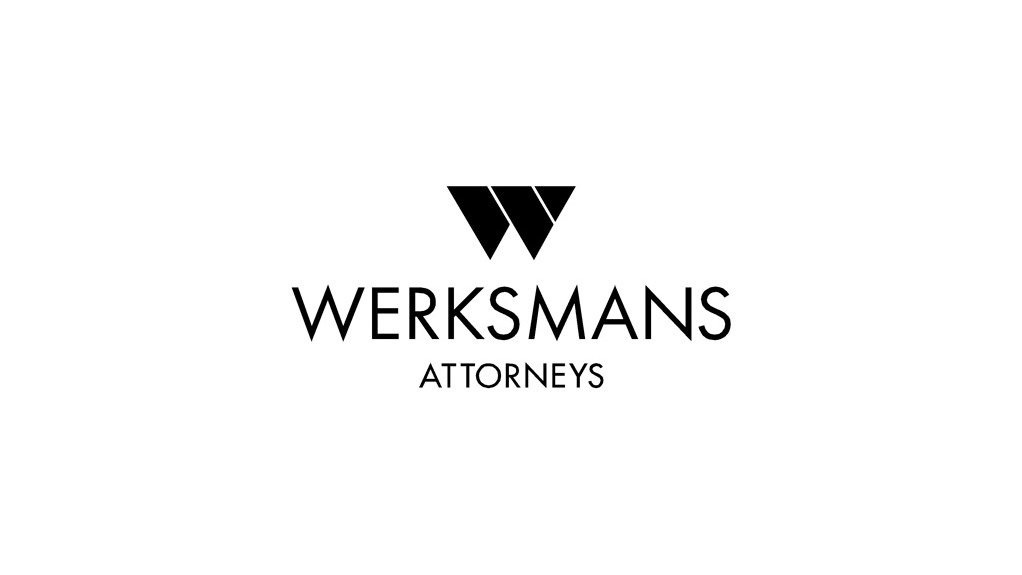An adult may possess and use cannabis in private for personal consumption in South Africa. This is according to the South African Constitutional Court ruling in September 2018 wherein it found that certain provisions of the Drugs and Drug Trafficking Act and the Medicines and Related Substances Act infringe upon the right to Privacy.
While the commercial sale of cannabis remains illegal in South Africa this playing field appears to be changing fast. The recent announcement by the City of Cape Town that it will be releasing vacant land for the production of medical cannabis and further research is a bold step, anticipating an initial capital investment of over R600-million for the construction of phase one with over a further R1-billion anticipated by phase two, projected within the next four years.
And brand owners are taking note.
The opportunities to create new brands for cannabis-based products appear endless and so too should the requisite protection of intellectual property protection be in place in the territories and, in respect of trade marks, classes of relevance.
Canada is the first G-7 country allowing the legal consumption of recreational cannabis having passed the Cannabis Act on 21 June 2018 regulating the growth, distribution and sale of recreational cannabis in Canada.
The Canadian Trade Mark Office is also handling a few thousand trade marks covering cannabis and in June 2019, when the requirement to prove "use" to register a trade mark is removed from the Canadian Trade Marks Act it is anticipated that there will be a flurry.
Although the USA still regards the use and sale of cannabis as illegal under Federal Law, with nine states and Washington DC permitting the recreational use of cannabis, absolute prohibition in those states has effectively stopped. Benefits shown by the use of medical marijuana is a large contributor to this change.
The USA's enactment of the 2018 Farm Bill or Agriculture Improvement Act of 2018 in December 2018 has legalised hemp which is a strain of the Cannabis Sativa Plant Species. The United States Patent and Trade Mark Office ("USPTO") has released a Trade Mark Examination Guide for marks covering cannabis and cannabis related goods and services, specifically the registration of trade marks for hemp.
Trade marks for goods containing hemp-derived CBD (cannabanoids) are permitted provided they were applied for on or after 20 December 2018, contain less than 0.3% THC (tetrahydracannabinol) and specify as such and are not in contravention of the Federal Food Drug and Cosmetic Act (FDCA).
We know that hemp is extremely versatile, used in the making of beer, health supplements, sunscreen, milk, rope, clothes and cosmetics and paper and anyone looking to diversify would be well advised to identify their consumer, create their brand and file their trade marks before others do.
Regardless of the Territory, two principles should be kept in mind when choosing a trade mark:-
- The trade mark should not be contrary to public policy (contra bonos mores) or likely to give offence to any class of persons; and
- A trade mark should not be descriptive of the kind of quality or other characteristics of the product.
Written By Donvay Wegierski, director at Werksmans Attorneys
EMAIL THIS ARTICLE SAVE THIS ARTICLE ARTICLE ENQUIRY
To subscribe email subscriptions@creamermedia.co.za or click here
To advertise email advertising@creamermedia.co.za or click here











